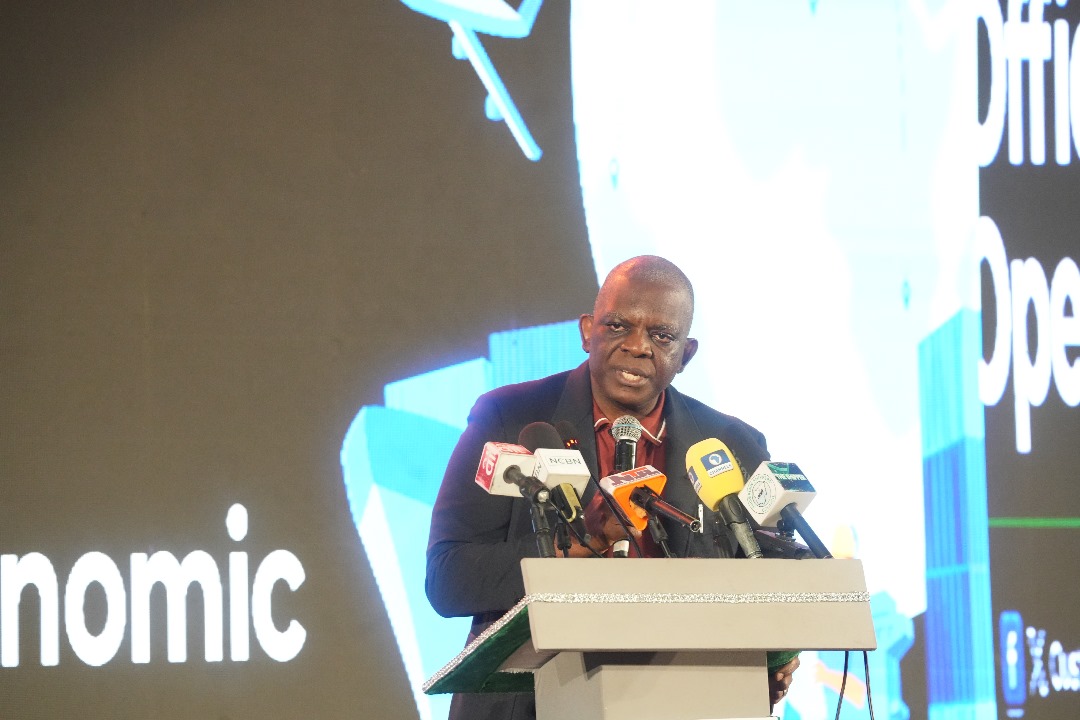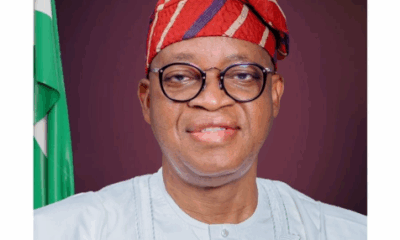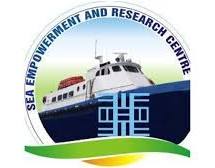Maritime
Nigerian Shippers’ Council Says WACT’s Tariff Review In Order

BY GBOGBOWA GBOWA
The management of the Nigerian Shippers’ Council (NSC) have cleared the air over the purported port handling tariff increase by the West Africa Container Terminal (WACT); and the claims that the price review will negatively impact on the economy.
Addressing the issue, the NSC clarified that whereas the said tariff review approval falls industry benchmark, the Council further explained that critical stakeholders are part of the process having been carried along; further noting that the tariff implementation was designed to be in phases.
In a statement made available to our reporter, the NSC said the process which is line with its regulatory capacity, ensures that all approved tariff adjustments are fair, justifiable, and sustainable for both service providers and port users.
The Council frowned at the posturing of Africa Association of Professional Freight Forwarders and Logistics of Nigeria (APFFLON) which gave vent to the stories, and advised APFFLON to desist from circulating false and unguarded statements regarding port operations.
The statement reads: “The attention of the Nigerian Shippers’ Council (NSC) has been drawn to a recent publication making rounds on the social media concerning the tariff review approval issued to the West Africa Container Terminal (WACT) in 2021 and 2023.
“As the economic regulator of the port sector, the Council considers it necessary to set the record straight and provide clarifications to avoid any misinformation.”
To buttress it position, the Council also provided the following hints:
Council’s Approval Within Industry Benchmark:
The tariff increment implemented by WACT was duly reviewed and approved by the NSC. The review was conducted following rigorous assessment processes to ensure that the rates remain within the acceptable industry benchmark and align with prevailing economic realities.

It is pertinent to note that the NSC, in its regulatory capacity, ensures that all approved tariff adjustments are fair, justifiable, and sustainable for both service providers and port users.
Consultation with Registered Clearing Agents:
According to WACT, before the implementation of the new tariff structure, WACT engaged extensively with the leadership of registered clearing agents in Onne, including the Association of Nigerian Licensed Customs Agents (ANLCA), the National Association of Government Approved Freight Forwarders (NAGAFF), the Association of Registered Freight Forwarders of Nigeria (ARFFN), and the National Council of Managing Directors of Licensed Customs Agents (CMD).
The discussions led to a mutual agreement that the implementation would be phased to ease the impact on port users.
Phased Implementation Agreement:
In adherence to this agreement, WACT initially implemented the first phase of the tariff increment, which was accepted by the service users. Following due consultations and considerations, the final phase of the agreed increment was scheduled for implementation after a one-month and two-week notice period given to stakeholders, ensuring transparency and adequate preparation.
APFFLON’s Non-Participation in the Sensitization Programme:
The claim by APFFLON is misleading. According to WACT, APFFLON has, for two years, failed to obtain an introductory letter from the Council for the Regulation of Freight Forwarding in Nigeria (CRFFN), which is a prerequisite for recognition as an agent.
As such, their inability to participate in the stakeholder engagement Process was due to their non-compliance with regulatory requirements and not an act of exclusion by WACT.”
According to the release, the Nigerian Shippers’ Council remains committed to its mandate of ensuring fair and competitive practices in the port sector while balancing the interests of terminal operators and port users.
Calling on stakeholders to demonstrate goodwill and integrity necessary to grow the industry, the Council said: “We urge stakeholders to engage constructively and in accordance with regulatory frameworks to enhance efficiency in our port operations.”





































